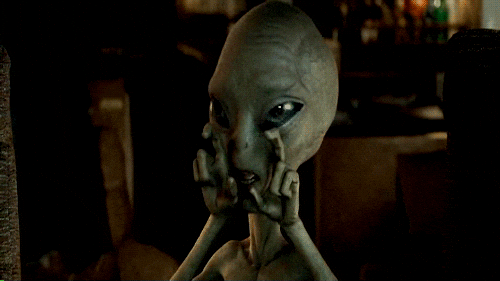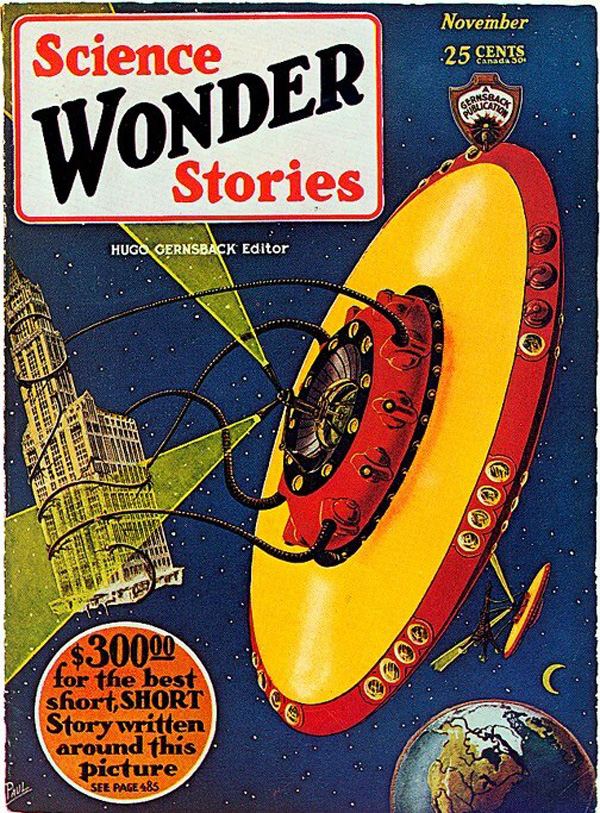The furthest thing we can see in the universe is a galaxy is projected from 13.4 billion to 13.7 billion light years away. This means, traveling at the speed of light, it would take 13.4 billion years to get to that planet. Even more, what we see of this galaxy is the light it emitted 13.4 billion years ago. For all we know, this universe doesn't even exist any more.
Given this amount of time and the sheer size of the universe, which by all means is incomprehensible, I think most rational minds agree that life almost definitely has existed or does exist on other planets (though the idea of human life being very very rare is an interesting theory).
But time and space are thought to be infinite, so while life is mathematically plausible, contact requires two species existing with in a contactable realm at the exact time in space. Humanity on earth is thought to have developed from rudimentary technologies just in the past 10,000 years. Earth, however, is theorized to have began it's formation 4.54 billion years ago. Of that, as stated, we've only had the ability to view our surroundings for 56 years. As we have no other dominant intelligent lifeforms to compare humanity against, it's difficult to project how long it will exist. So, in order to make contact with another intelligent species, that species needs to have existed at exactly the same time of our existence with in the realm of possible travel. Given these factors, odds of contact are very small.
There is a wildcard to it. And that is according to Einstein's Theory of Special Relativity, which gives mathematical credence to black holes, it might be theoretically possible to warp through the time space continuum. That, however, is mere conjecture. Even if possible, it's predicated on the ability of humans to survive the trip.
Because of this, I think it might be more likely that if intelligence is encountered it's in the form of some type of machine, created by intelligent species, but able to withstand the physical limitations of organics.





